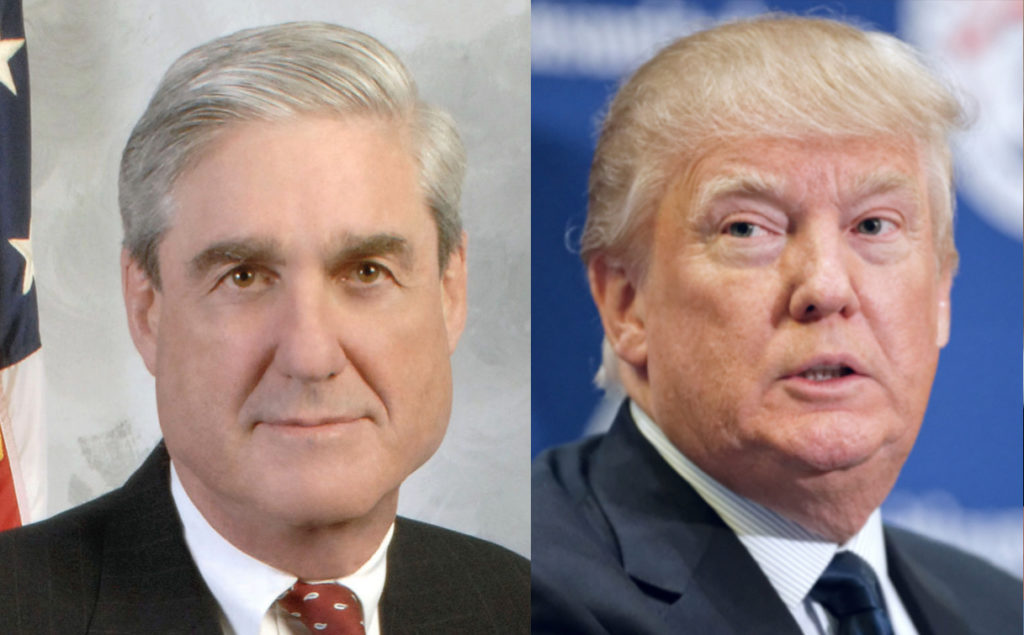Donald Trump’s “red line” for Robert Mueller isn’t what you think

The media at large never passes up an opportunity to try to convince you that Donald Trump is on the verge of firing Special Counsel Robert Mueller. We’re seeing such headlines yet again today, on the heels of yesterday’s report that Mueller had sent a subpoena for financial records to the Trump Organization. As per usual with the “Trump is about to fire Mueller” narrative, the hype doesn’t fit with what’s actually been reported.
Late last year Trump’s people made it be known publicly that he viewed his finances as a “red line” that Mueller was not allowed to cross. After the New York Times reported yesterday that Mueller sent the financial subpoena to Trump’s business yesterday, various news outlets – particularly on television – are proclaiming that Mueller has finally crossed the red line, so now Trump is logically about to fire him. But that’s not what the Times report says.
The NY Times report in question says that Mueller has been asking the Trump Organization to turn over these kinds of documents for months, and that it’s largely been complying with these requests (link). In other words Mueller crossed the red line a long time ago, and instead of trying to fire him for it, Trump merely shrugged and told his business employees to go ahead and cooperate. That said, this new subpoena is big news, just not for the reasons you’re hearing shouted on cable news.
Robert Mueller’s consistent pattern during the Trump-Russia investigation has been to obtain documents via his own investigative methods, and then ask witnesses to turn over their own copies. He can then identify the documents that weren’t turned over, and work under the assumption that those are the most criminally suspicious, and should be most thoroughly investigated. It also allows him to bring criminal charges against anyone who withholds documents, and then try to push them into a plea deal. This subpoena is essentially a cleanup act at the end of the process. It strongly suggests Mueller’s investigation of Donald Trump’s finances is much further along than has generally been believed up to this point.
